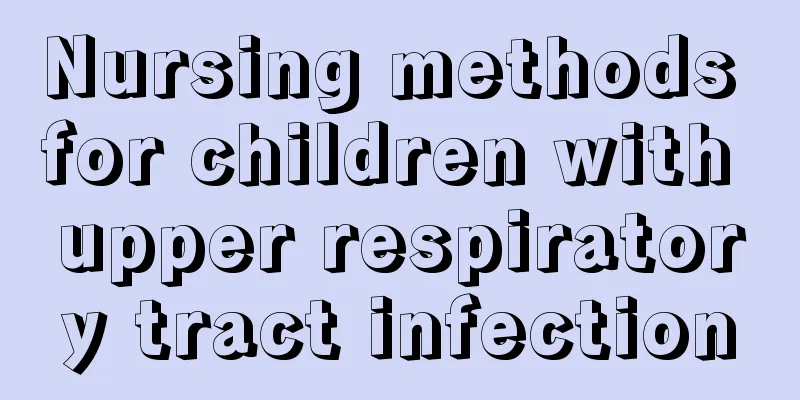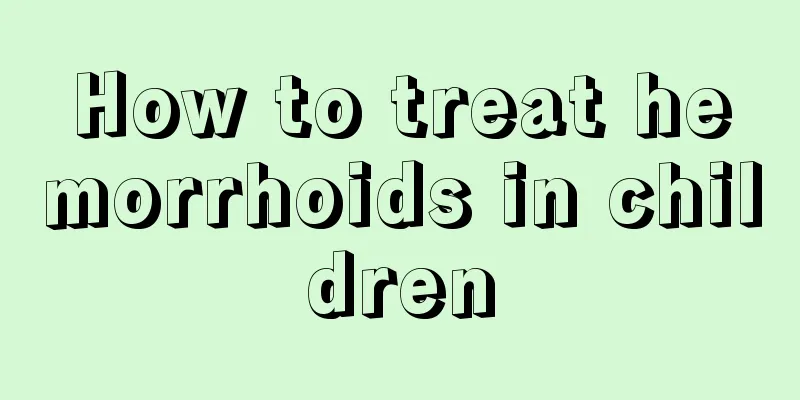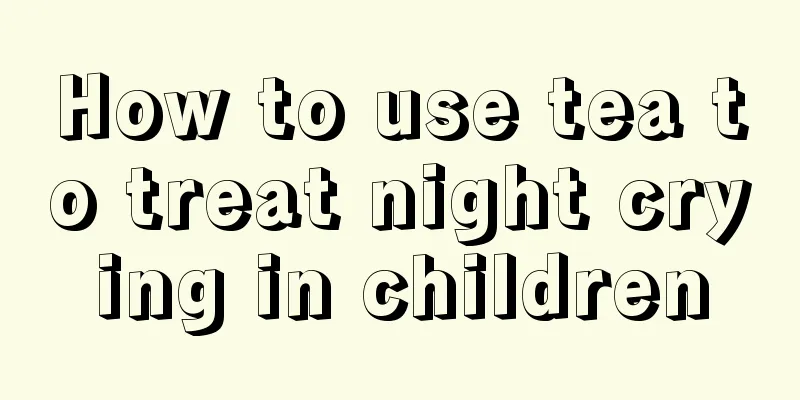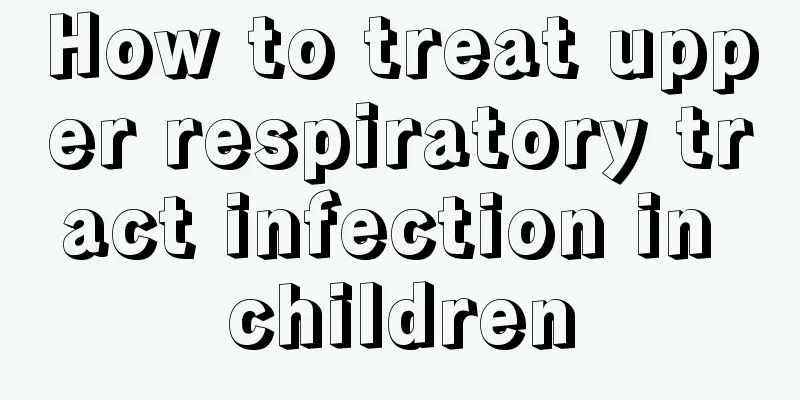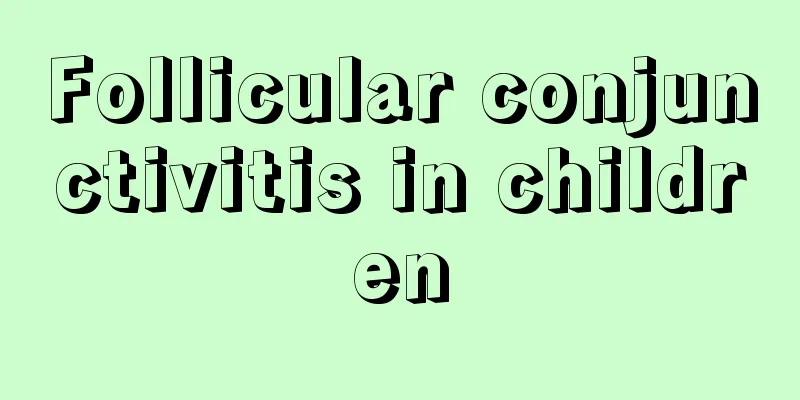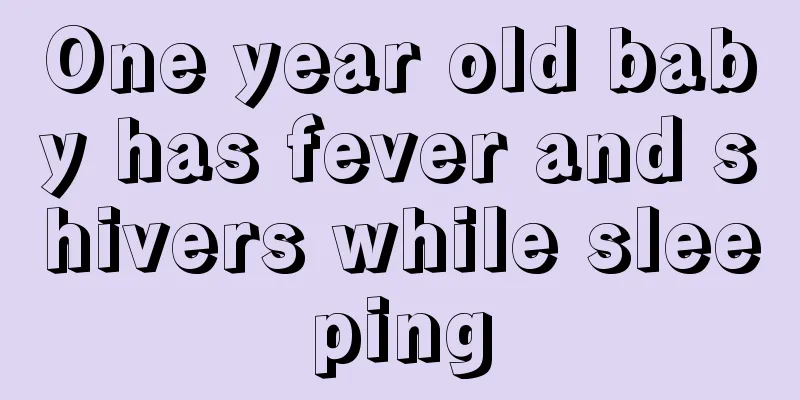When is the teething period for babies?

|
Many families pay great attention to their baby's development, especially when the baby will reach the teething period, so that they will know what to feed the baby, so the baby's teething period is generally very important. However, many families do not know when the baby's teething period begins, so let me explain to you when the baby's teething period begins. Babies do not have teeth before 6 months old. They rely on their gums to hold the mother's nipple when feeding. They also rely on their gums to crush other semi-solid foods without residue. The gums are a semicircular mucosal protrusion that is relatively hard and can be closed up and down. Around 6 months, babies begin to teethe, which is an important stage in tooth development and baby growth and development. The process of tooth eruption is that the alveolar bone covering the teeth is automatically absorbed, the tooth roots grow, and the crowns are pushed out of the gums. When the crown pushes the gums open a small hole, the potential gap between the crown and the gums is connected to the oral cavity. The bacteria in the oral cavity will enter this gap and cause mild inflammation of the gums, resulting in redness, swelling, itching and pain. The timing and order of tooth eruption follow a certain pattern. The lower teeth erupt slightly earlier than the upper teeth and often in pairs. The incisors appear at 6-9 months, the first molars appear at 12-14 months, and the canines appear at 14-18 months. The second molars do not erupt until the age of 2, but there are often differences between different children. If the front teeth have not erupted by the age of one, or if all 20 deciduous teeth have not come out by the age of three, you should go to the hospital to check whether there is any developmental disorder. Babies generally do not feel any special discomfort when they are teething, but some babies may suddenly cry and become restless, bite their mother's nipples, bite their fingers, or scratch the area where the teeth are about to come out with their hands, and salivate more. Some babies may even have a fever, loss of appetite, diarrhea, and mouth ulcers. These symptoms may be related to mild inflammation of the gums. At this time, the mother should take care of the baby patiently, distract the baby's attention, and not scratch the gums with her hands or chopsticks. If a child bites or scratches his gums, you can apply a small amount of gentian violet solution. Generally, no medication is needed. Because once the teeth erupt, the redness and swelling of the gums and the above symptoms will disappear or alleviate on their own. Because teething and the time when babies start adding complementary foods are almost the same. If a baby has digestive symptoms such as diarrhea, it may be a reaction to teething or it may be a sign of resistance to certain complementary foods. You can stop adding the complementary foods and observe for a period of time to find out. After 6 months, babies begin to be interested in snacks. Adults can put vegetables and fruit strips on a small table in front of them and demonstrate to them how to eat them so that they can learn. They can chew them at any time. If they want to eat during the meal, do not stop them. After a period of training, the baby will move beyond the stage of only sucking food and learn to chew. If babies regularly eat vegetables and fruit strips, it will not only help them get rid of bad habits such as sucking their fingers or bottle nipples, but also provide good stimulation to their gums and teeth, reducing the pain and itching of teething, which is beneficial to the eruption of teeth and the function of teeth. When babies chew food, the movement of the entire dental system is inevitably enhanced. This functional movement is essential for the growth and development of the entire maxillofacial area and teeth. It can make the jaw stronger and more coordinated with other parts so that the deciduous teeth and future permanent teeth can be neatly arranged on it, ensuring a beautiful set of teeth in adulthood. Traditional Chinese medicine believes that "teeth are the remains of bones" and vitamins A, C, and D are important substances that constitute tooth enamel, enhance tooth bone density and calcification. Protein, calcium and phosphorus are the basic materials of teeth. During the teething period, these nutrients must be sufficient, especially foods high in protein, such as fresh fruit juice, vegetable juice, milk, bone broth, etc. are essential. What is the best thing for children to eat during their teething period? It is generally believed that eating some snacks or biscuits can exercise the baby's chewing ability and promote the eruption and firmness of teeth, but it is also easy to leave residues in the mouth and become a cause of tooth decay. Therefore, it is best to give some cold boiled water or light salt water to drink instead of rinsing the mouth after eating. Babies' teeth must be protected from an early age, and they should not be given sweets and snacks without regularity. In addition to losing children's appetite, these things also create a favorable environment for the growth of bacteria. Sweet things can also decalcify the teeth and make them loose. Foods that have a strong decalcification effect include: dairy candies, fried bread, chocolate, cakes, bananas, etc. There are also some foods with weaker decalcification effects, such as apples, carrots, cucumbers, onions, sweet and crispy biscuits, rice, etc., so you should be careful when feeding them to children. The above are the relevant articles about the teething period of babies. After reading the above articles, do parents know when the teething period of their children is? This way you won’t miss your child’s teething stage and you’ll know what to do when the time comes. |
<<: How to treat prickly heat in children?
>>: Is it good for babies to have early teeth?
Recommend
Febrile seizures in children
When children are young, because of their poor re...
The child's chest pain will go away after a while.
The chest is where our heart is located. If pain ...
Falls are the leading cause of accidental injuries among children
Children's falls are completely preventable! ...
What are the reasons for children's picky eating?
Children are the lifeblood of the family, but man...
How to treat amblyopia in children with low-power helium-neon laser irradiation
Many people do not know about the treatment metho...
What to do if your child has cervical deformity
Cervical deformity in children is a very serious ...
What to do if your 7-year-old child has a stuffy nose
It is a very normal phenomenon for babies to have...
Can babies eat mangoes when they have diarrhea?
Babies' bodies are generally fragile, so if t...
When is the best time for children to grow taller?
Watching their children grow taller is one of the...
Is it normal for a newborn to poop while eating?
Many things happen to newborns that adults do not...
What are the clinical manifestations of Henoch-Schonlein purpura in children?
If a child suffers from allergic purpura, the fir...
What should I do if my child has prostate hyperplasia?
Prostatic hyperplasia is a relatively common male...
What should I do if my baby has a stuffy nose and won’t sleep?
Many babies have stuffy noses and can’t sleep. Ge...
What should I do if my child hits his chin and has a protrusion on the bone?
Because children are naturally active, it is inev...
Can a one-year-old child eat yogurt?
A one-year-old child can no longer meet his needs...

